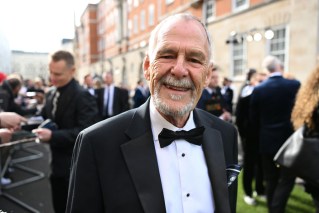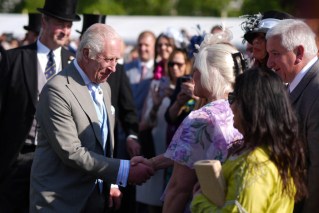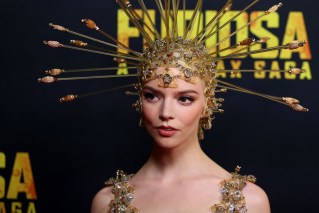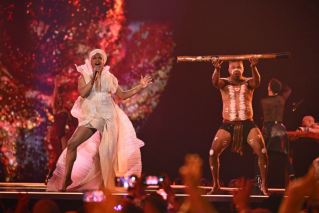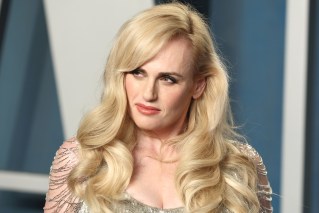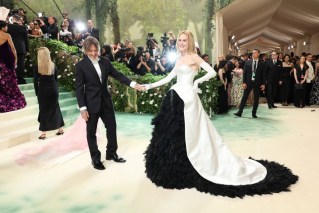‘Modernise and future-proof’: Why this year’s Logie awards are getting a makeover

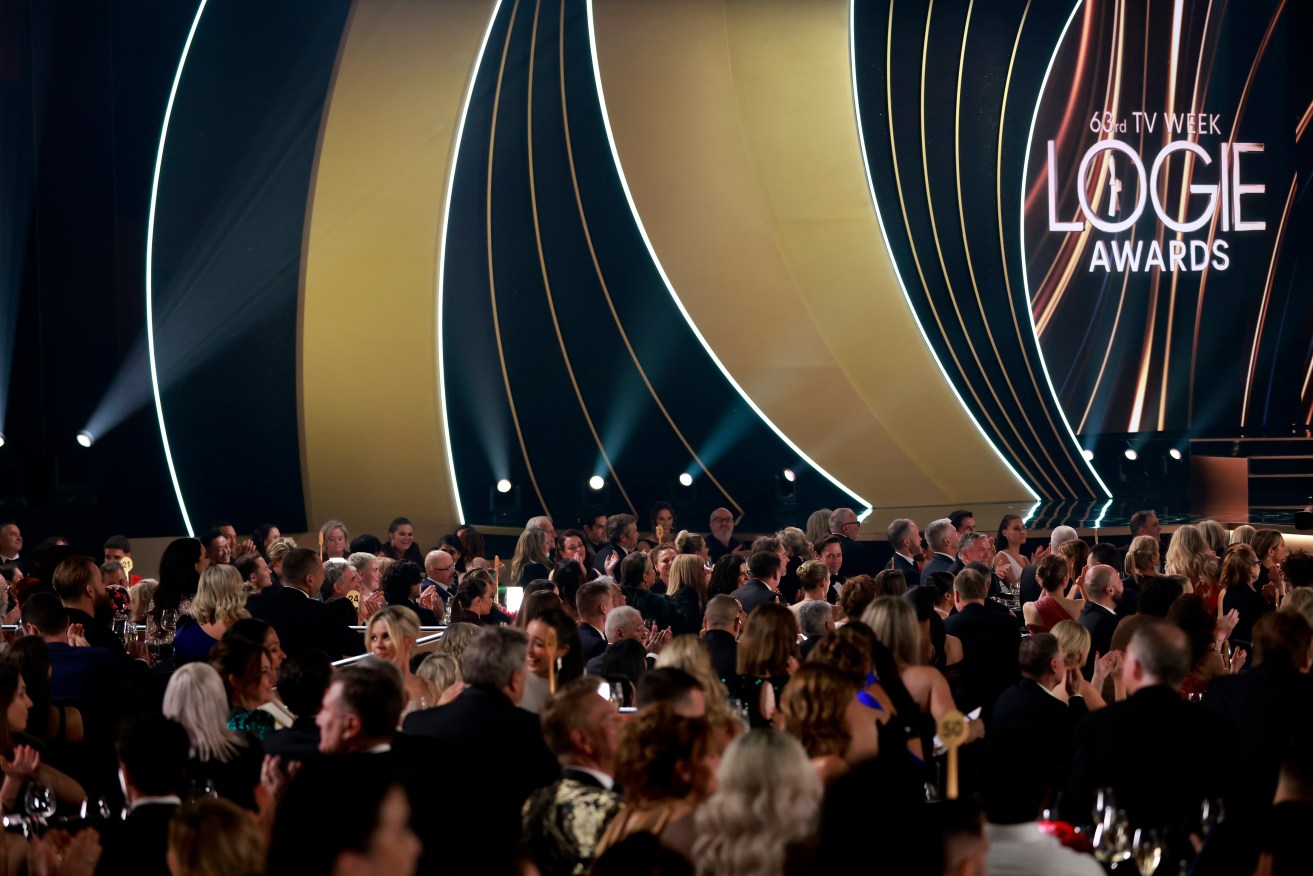
A who's who of the entertainment indudstry in Australia attends the Logies. Photo: Getty Images for TV WEEK Logie Awards Photo: Seven
Six months out from Australia’s 64th Logie Awards, the television industry’s biggest awards ceremony is about to undergo some major changes in both the award categories and the judging process.
The August 18 ceremony, to be held in Sydney on for the second year running, will look remarkably different this year.
While the top three awards of the night will continue to be presented as “most popular” – with nominees decided by a panel of independent industry experts, before being voted on by the public – the remaining 20 awards have been renamed.
There will now just be “best” – a combination of the previous “most popular” and “most outstanding” categories. Previously, the popular awards were voted on by fans. The most outstanding shows were voted on by a jury of Australian TV industry professionals.
Winners of all the “best” awards will be decided by a combined score as determined by judges, according to the assessment criteria, supplied audience data and number of Australian public votes.
“Re-naming the categories “best” makes it a little easier to understand, though it does take away most of the people’s voted ‘most popular’ categories,” TV Blackbox expert Steve Molk tells The New Daily.
“The Logies runs long and reducing the number of awards helps, and which is more important? Most Outstanding or Most Popular? I think we both know.”
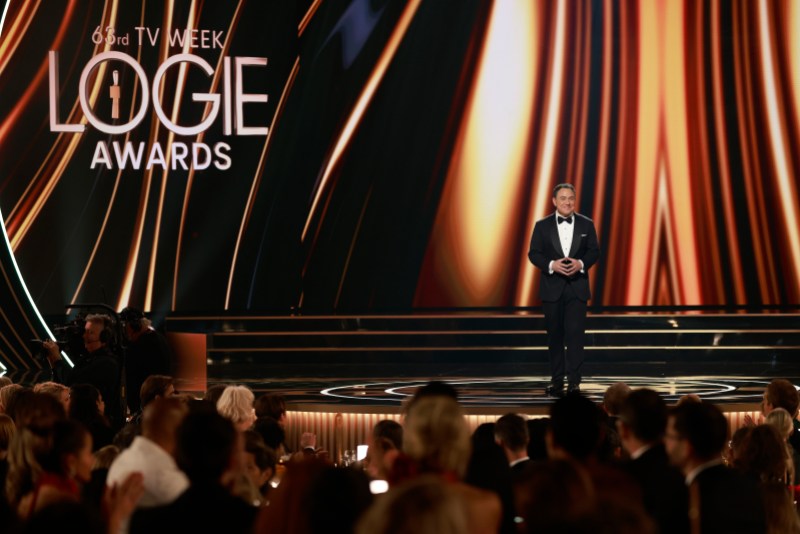
Host of The Front Bar, Sam Pang, did a splendid job of hosting last year’s Logie Awards at The Star in Sydney: Photo: Getty/TV WEEK Logie Awards
A statement from Logies organisers explains the changes include separating comedy from drama in the acting categories given its popularity and success as a genre. Separate categories for best actor and actress awards is similar to how the Emmy Awards operates in the US.
Drama has been separated from miniseries and telemovie, and the comedy and reality categories will, for the first time, be split into Scripted Comedy and Comedy Entertainment, and Competition Reality and Structured Reality, respectively.
Judging panels will also be expanded “with the aim of securing greater representation from Australia’s rich and diverse television industry”.
Recruitment is now underway for anyone with at least five years TV or screen experience.
TV Week’s editorial director Amber Giles told the Sydney Morning Herald the organisers met with broadcasters after last year’s awards, hosted by The Front Bar‘s Sam Pang to discuss future changes.
“[We] … met with all broadcasters after last year’s awards for feedback and to discuss what could be put in place to modernise and future-proof TV’s night of nights, which hadn’t quite caught up to where Australia’s screen industry is now and where it is heading,” Ms Giles said.
Reaction
Actor Alex Williams, who played Shane Warne in the Nine miniseries Warnie, told the SMH the changes were long overdue.
Flaws in the way voting for who wins the most popular category were raised by Hard Quiz host Tom Gleeson in 2019. His tongue-in-cheek guerrilla campaign saw him pull off a shock victory and walk away with the Gold Logie for Most Popular Personality on Australian TV.
Gleeson admitted to TND at the time his campaign was “both” a funny and innovative exercise to show the Logies can be manipulated, and a shameless PR grab.
“There’s no point campaigning to win the Gold Logie if you can’t be entertaining,” he said.
“A lot of the other nominees wrestle with campaigning and find it self-serving, which it is.
“Some people get me wrong and think I hate the Logies. I don’t. I only ever make fun of things I’m genuinely interested in.”
That said, the Gold Logie for Most Popular Personality on Australian Television, the Bert Newton Award for Most Popular Presenter and the Graham Kennedy Award for Most Popular New Talent will continue to be presented as “most popular”.
The nominees will be decided by a panel of independent industry experts before being voted on by the public.


